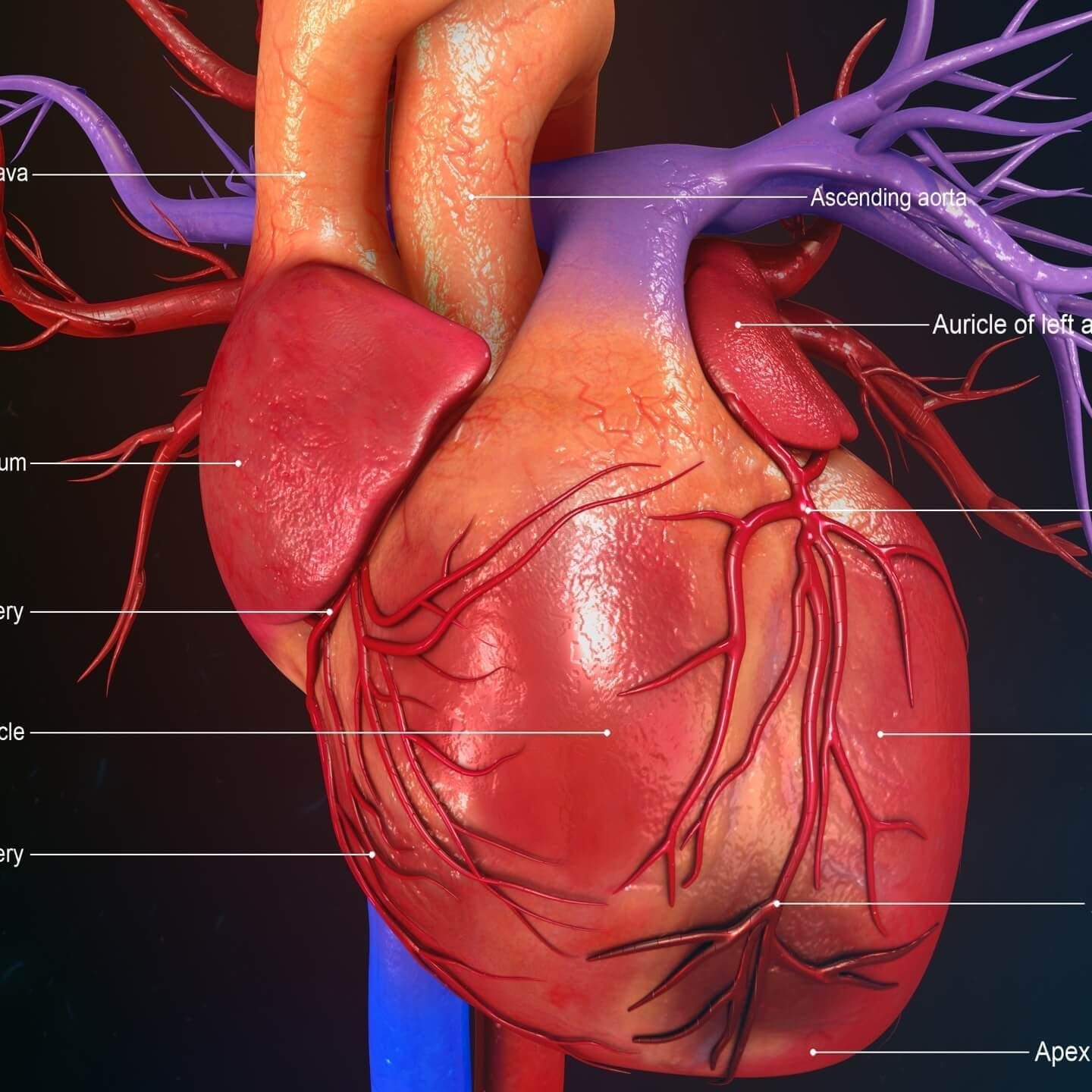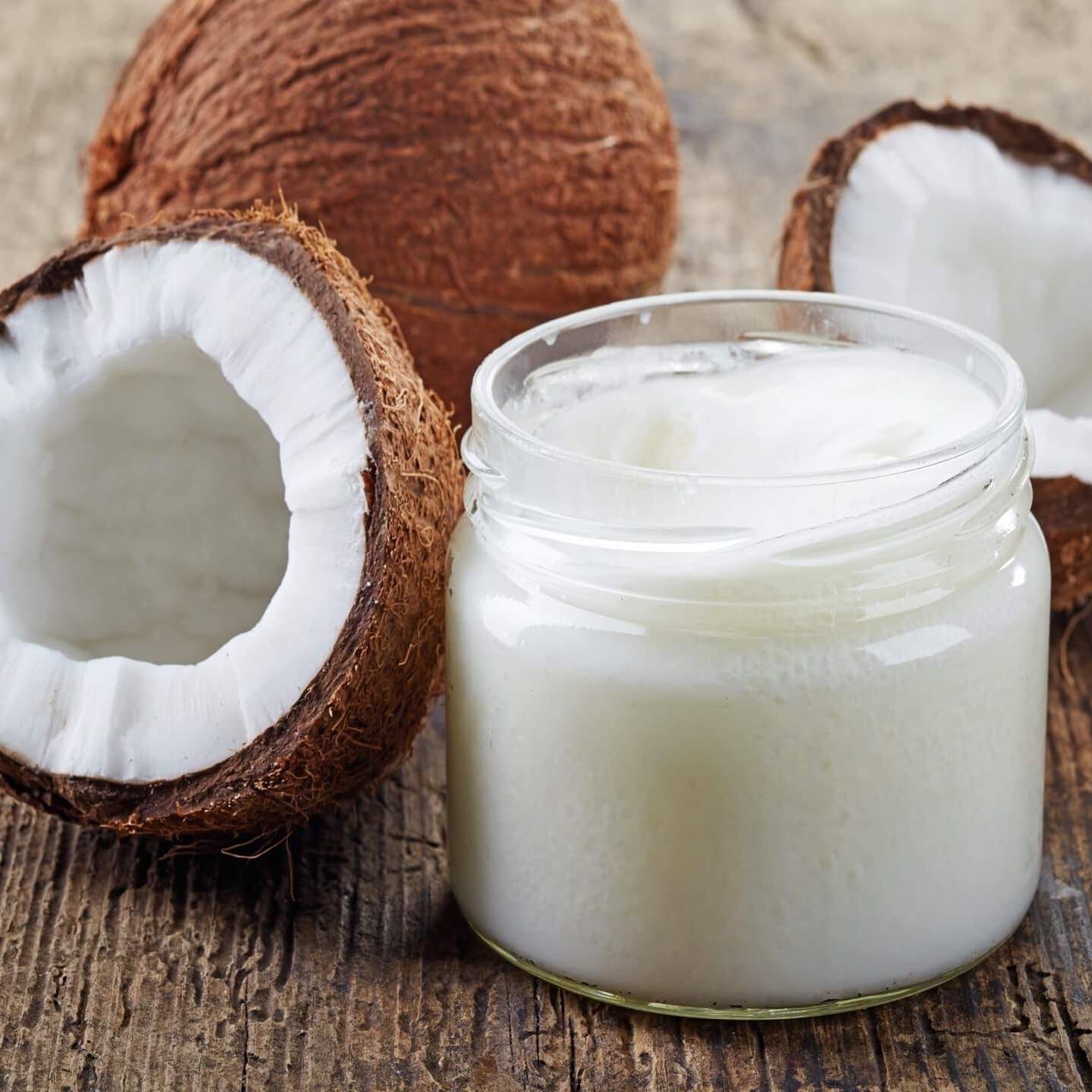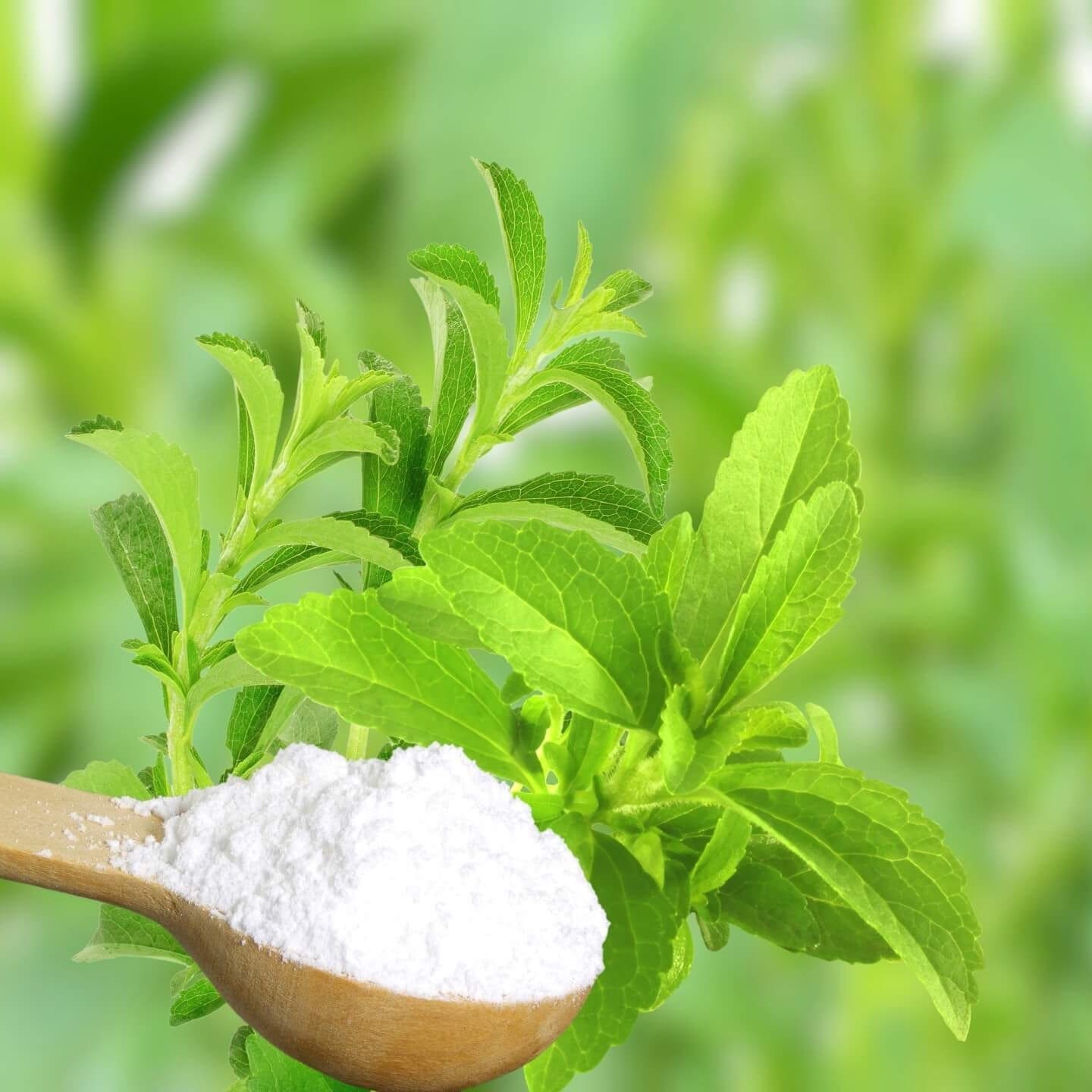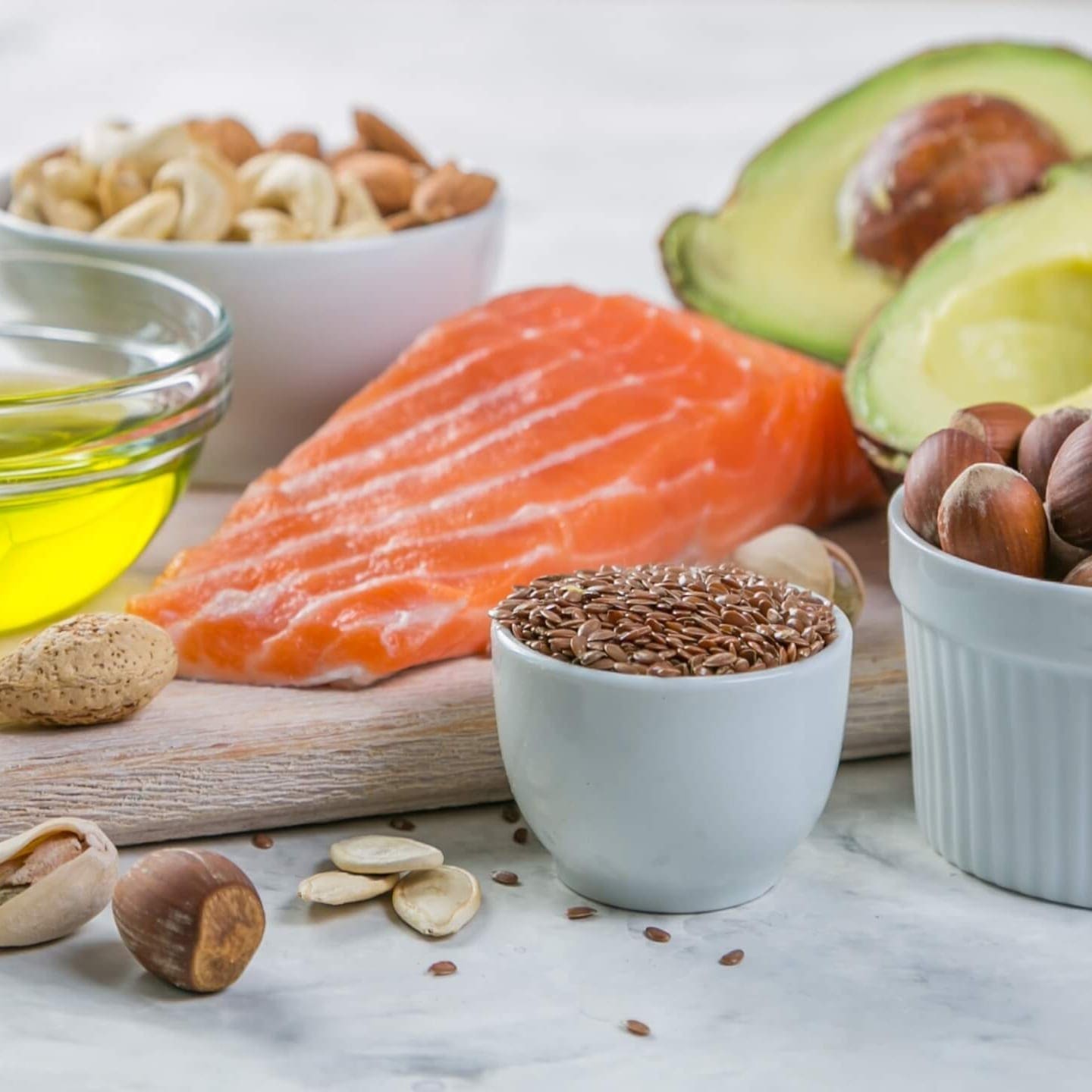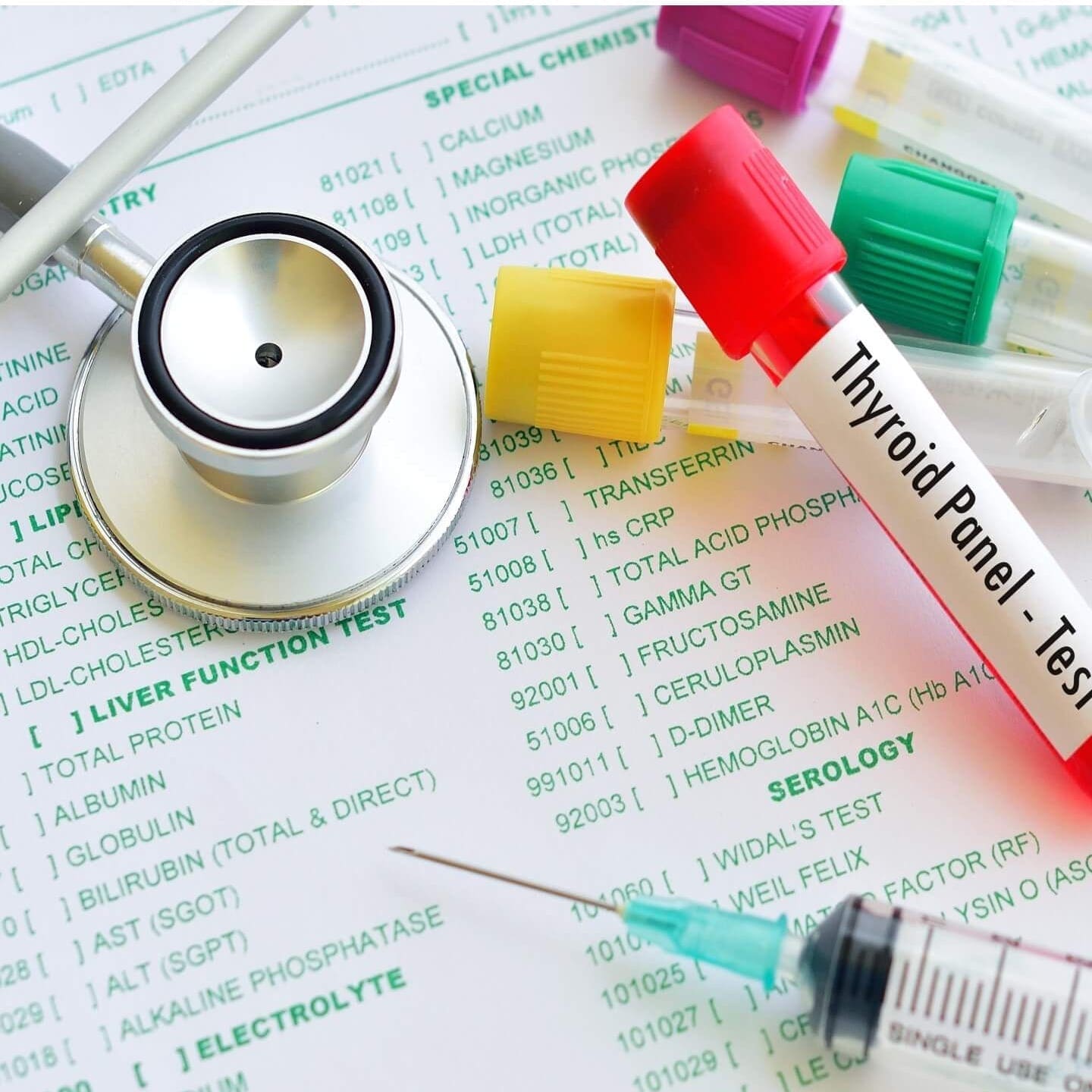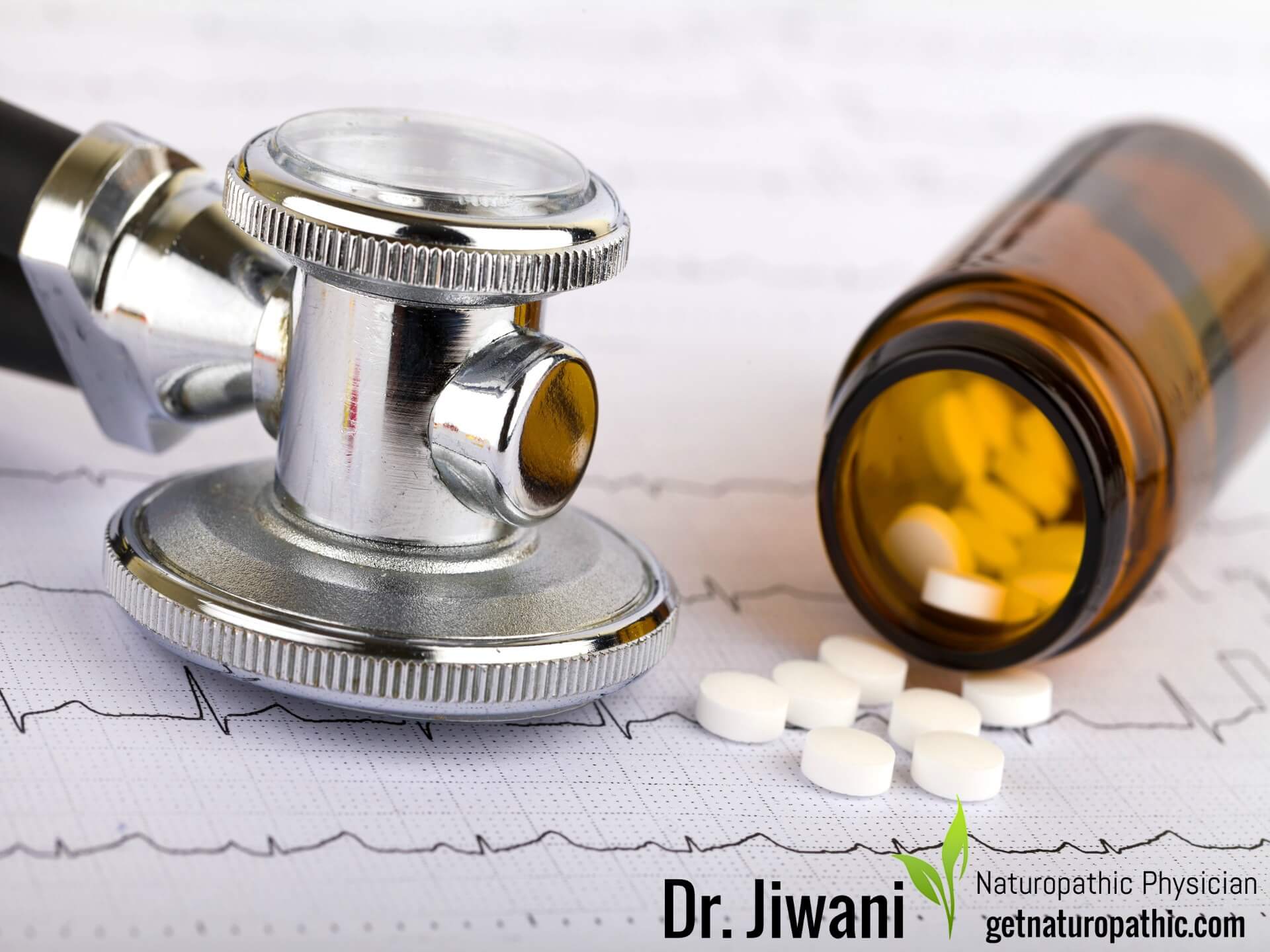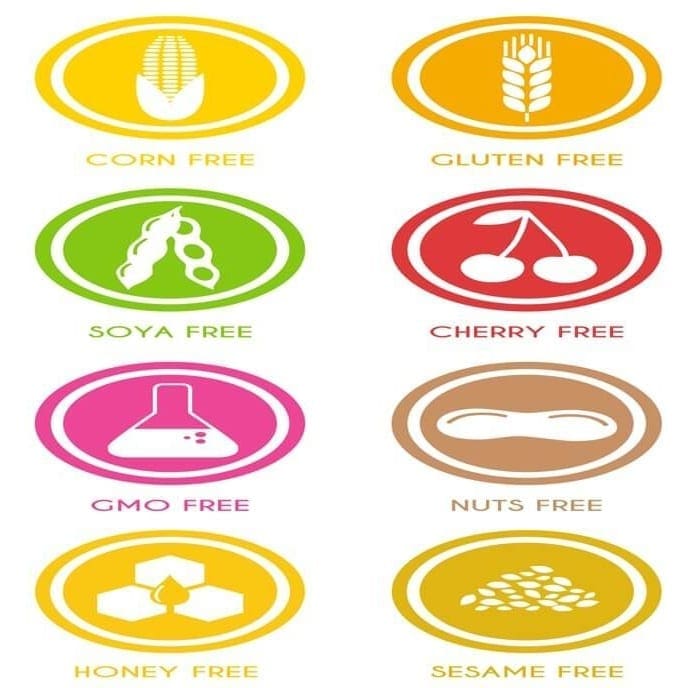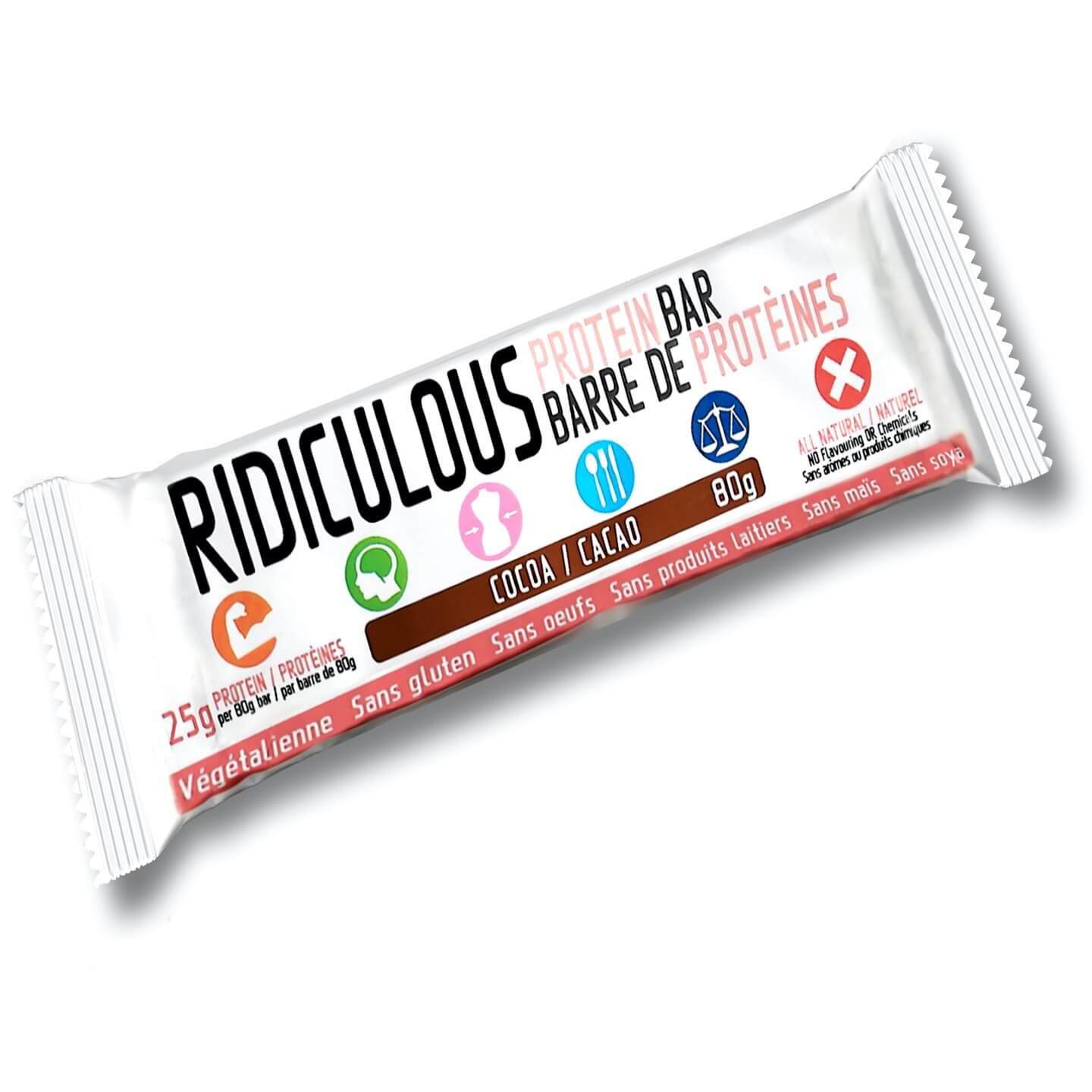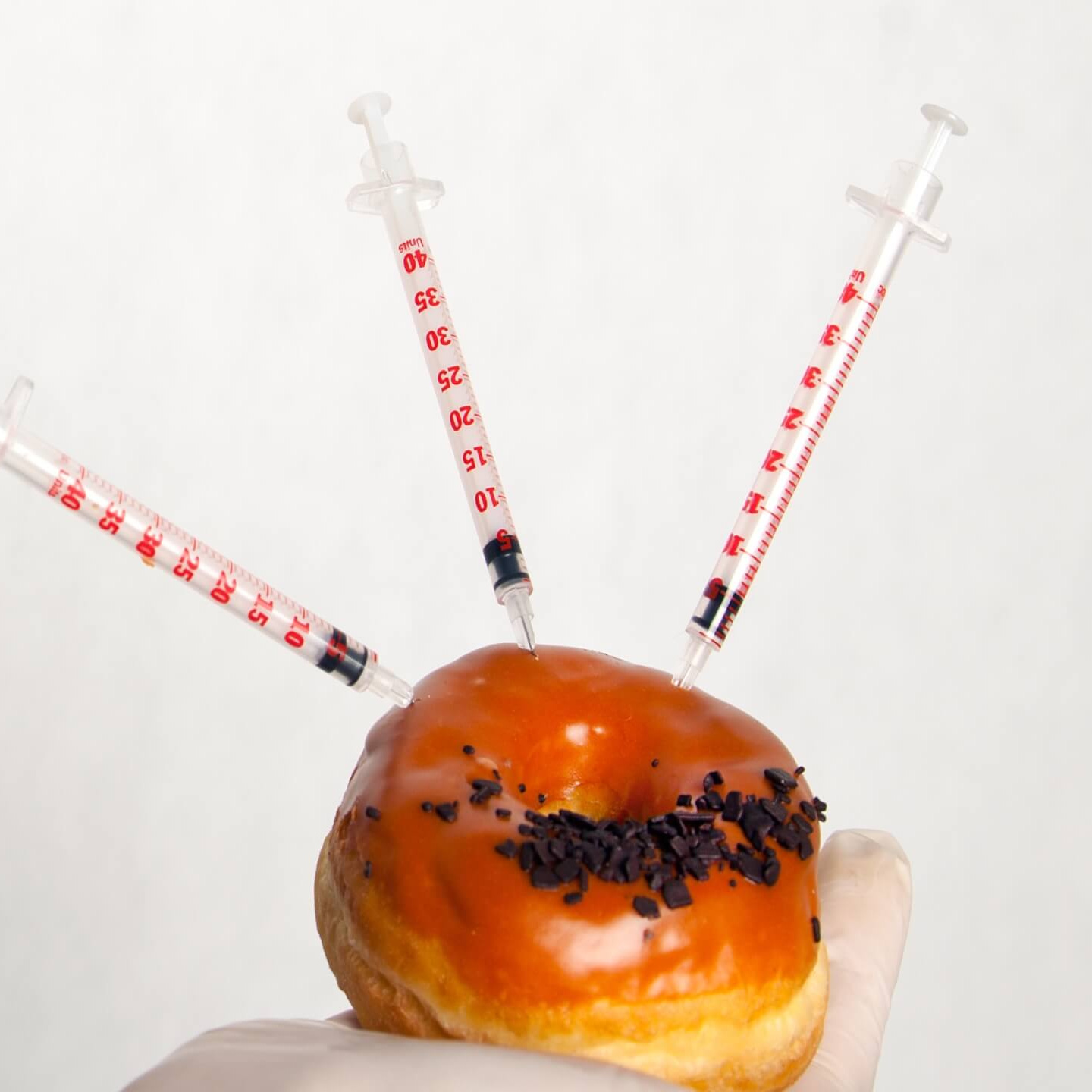Home »
Popular Posts
Aspirin Controversy: Heart Attacks Increase 190%
Aspirin has been commercialized from 1897, and used from Willow Bark since the time of Hippocrates. It’s the familiarity and accessibility of Aspirin, that jeopardizes us as we don’t realize how dangerous it is. New research has brought about controversy as to whether Aspirin is recommended for prevention of heart attack & stroke. Regular use of low dose Aspirin was initially studied to prevent reoccurrence in those who had already experienced a heart incident. This evolved into over 45 million North American patients taking Aspirin, to prevent heart attack and stroke initially, as recommended by their medical doctors & cardiologists. Aspirin sales equate to well over $1 billion a year, given our aging population, and the recommendation to those over 50 years and/or with diabetes.
Aspirin: Latest Research on Regular Low Dose Use
Cumulative research has discredited the request for Aspirin (ASA) makers to label it as preventative. Analysis of many large clinical trials per the Archives of Internal Medicine 2012 determined that Aspirin does not reduce risk for heart & cancer death, if you don’t have cardiovascular disease. In fact, only one heart incident will be prevented in 120 daily Aspirin users, and 1 major bleed occurs per 73 people. According to this study, double the amount of Aspirin users will be harmed versus those that benefit, and no death is prevented.
Aspirin: Risk or Prevention?
A new study just published in the British Journal of Clinical Pharmacology Feb 2017 concluded that Aspirin in not effective in heart attack & stroke prevention in patients with Atrial Fibrillation (irregular heart rhythm & often very fast heart rate). Additionally, the research shows taking Aspirin made them 190% more likely to experience an acute heart attack. It appears Aspirin has shown to be much less effective and more risky than blood thinners such as Warfarin.
Aspirin: Heart Attacks & Strokes
The evidence is so profound, that NSAIDs (Non-Steroidal Anti-Inflammatory Drugs) are now labeled with a warning that healthy individuals, including the young, may suffer heart attacks & fatal strokes. In fact, the higher the dose, the greater the potential risk, with prescription strength doses elevating possible risk to 50 percent. According to the study, taking NSAIDs (painkillers) during a cold & flu triples your risk of a heart attack, while intravenous (IV) painkillers skyrocket likely risk to seven times (7X).
Aspirin & Women
Over 40,000 healthy women were examined at Harvard in a ten year study published by the New England Journal of Medicine 2005 to find no reduction of risk in heart, stroke or related deaths with preventative Aspirin use. Menopausal status, Hormone Replacement Therapy or Cardiovascular Risk did not modify the effect of aspirin in this study; however, the women experienced an increased frequency of side effects related to bleeding & ulcers.
Aspirin: Diabetics & Death
The British Medical Journal 2009 determined diabetes treatment including aspirin therapy provided no benefit in primary prevention of major cardiovascular events. This was also found by Swedish researchers in Pharmacoepidemiological Drug Safety 2009, showing significant increases in death of those diabetics without heart disease, with a 46% increased risk of serious bleeding. Since cardiovascular disease in diabetic patients is a huge concern, the Journal of the American College of Cardiology 2010 investigated these patients and found those taking Aspirin had a higher risk of recurrent heart attack and other heart issues.
Aspirin Can Hide A Heart Attack
A large body of research, the Antithrombotic Trialists’ Collaboration, examining over 100,00 high risk heart patients, concluded that while non-fatal events were reduced, sudden deaths increased. This appears to be due to the fact that Aspirin may mask a heart event in progress.
Who is At Risk for Death by Aspirin
You are at risk for the fatal side effect if you are considering use of NSAIDs (painkillers) such as Aspirin. Typical Symptoms & Conditions where this may be indicated include:
- Pain / Fever
- Migraine Headache Pain
- Inflammatory Conditions: Rheumatoid Arthritis
- Cardiovascular Disease
- Prevention Blood Clots
- Rheumatic Fever
- Prevention Heart Attack / Stroke
How Aspirin Works
Aspirin affects the inflammatory pathways, reducing clotting cells (platelets) which thins your blood. Since emphasizing these pathways have a ripple effect, painkillers increase salt & water retention which causes much higher blood pressures. As a consequence, the combination of thinner blood and higher blood pressures promote internal bleeding.
Potential Issues with NSAIDs (Aspirin) Use
- Potentially Fatal Stomach Bleed; Gastric Ulcers (10% of Low Dose Aspirin Users)
- Destroys Gastrointestinal Lining: Increasing Risk Ulcers, Helicobacter pylori Infection, Crohn’s Disease, Diverticulitis, Inflammatory Bowel Disease
- Acute Liver Failure (Acetaminophen)
- Emotional & Moral Reasoning Dullness
- Fatal Brain Bleed with Head Trauma (Elderly)
- Cataracts, Macular Degeneration, Blindness
- Heart Attack & Stroke
- Kidney Damage
- Erectile Dysfunction
- Infertility, Difficult Labor
- During Pregnancy, Babies’ Respiratory & Circulation Developmental Delays
Possible Side Effects of Aspirin
- Allergic Reaction: Hives, Difficult Breathing, Swelling Face, Lips, Tongue, Throat
- Heartburn, Indigestion
- Headache
- Drowsiness
- Black, Bloody Stools
- Coughing Up Blood / Coffee Ground Vomit
- Fever Over 3 Days
- Severe Nausea, Vomiting, Abdominal Pain
- Pain / Swelling Longer Than 10 Days
- Tinnitus (Ringing In Ears)
Natural Alternatives to Aspirin
Although a natural alternative to Aspirin sounds great, it is important to realize that pain & inflammation is your body’s way of telling you something is wrong. See a licensed Naturopathic Physician to address the cause of your symptoms, and meanwhile modulate or reduce your chronic inflammation / pain with the following:
- Supplement with Curcumin
- Increase Good Fats: Avocado, Coconut Oil, Nuts, Seeds, Hemp Oil, Flax Oil
- Avoid Trans “Bad” Fats: Fried Foods, Margarine, Vegetable Oils
- Avoid Your Food Allergies
- Focus on Organic & NON-GMO Foods
- Drink Filtered Water
- Avoid Caffeine, Alcohol & Artificial Sweeteners
- Use Healthier Sweeteners & Recipes: Coconut Sugar, Stevia, Xylitol
- Balance Carbs with Protein to Stabilize Blood Sugar
- Increase Probiotics
- Increase Antioxidants with Colourful Fruits, Vegetables, Superfoods & Supplementation: Vitamin C, Lutein, Resveratrol, Zeaxathin, Pycnogenol
The fact that a drug is commonly used and easily available may not justify the assumption that it’s safe for any and everyone. More research is published every day, that highlights the toxicity of Aspirin and other NSAIDs. The lesson here is to realize that educating yourself is as important as consulting your licensed medical / naturopathic physician. Any treatment plan, whether pharmaceutical or natural, is best done under licensed medical / naturopathic supervision.
Related The Weight Loss Debate: Exercise Vs. Diet In The Battle Of The Bulge
References
Antithrombotic Trialists’ (ATT) Collaboration1, Baigent C, Blackwell L, Collins R, Emberson J, Godwin J, Peto R, Buring J, Hennekens C, Kearney P, Meade T, Patrono C, Roncaglioni MC, Zanchetti A. Aspirin in the primary and secondary prevention of vascular disease: collaborative meta-analysis of individual participant data from randomised trials. Lancet. 2009 May 30;373(9678):1849-60.
De Berardis Giorgia, Sacco Michele, Strippoli Giovanni F M, Pellegrini Fabio, Graziano Giusi, Tognoni Gianni et al. Aspirin for primary prevention of cardiovascular events in people with diabetes: meta-analysis of randomised controlled trials. British Medical Journal 2009; 339 :b4531
Gieling EM1, van den Ham HA2, van Onzenoort H3, Bos J1, Kramers C1,4, de Boer A2, de Vries F2,5,6, Burden AM2,5. Risk of major bleeding and stroke associated with the use of vitamin K antagonists, nonvitamin K antagonist oral anticoagulants and aspirin in patients with atrial fibrillation: a cohort study. British Journal Clinical Pharmacology. 2017 Feb 16.
Paul M Ridker, M.D., Nancy R. Cook, Sc.D., I-Min Lee, M.B., B.S., David Gordon, M.A., J. Michael Gaziano, M.D., JoAnn E. Manson, M.D., Charles H. Hennekens, M.D., and Julie E. Buring, Sc.D. A Randomized Trial of Low-Dose Aspirin in the Primary Prevention of Cardiovascular Disease in Women. New England Journal Medicine 2005; 352:1293-1304.
Sreenivasa Rao Kondapally Seshasai, MD, MPhil; Shanelle Wijesuriya, MA, MBBChir; Rupa Sivakumaran, MA, MBBChir; et al. Effect of Aspirin on Vascular and Nonvascular Outcomes. Meta-analysis of Randomized Controlled Trials. Arch Intern Med. 2012;172(3):209-216.
Welin, L., Wilhelmsen, L., Björnberg, A. and Odén, A. (2009), Aspirin increases mortality in diabetic patients without cardiovascular disease: a Swedish record linkage study. Pharmacoepidem. Drug Safe., 18: 1143–1149.
This information is for educational purposes only and does not advocate self-diagnosis. Due to individual variability, consultation with a licensed health professional, such as a licensed naturopathic physician is highly recommended, prior to starting a natural treatment plan. For further information, see Terms of our Website.
Follow Dr. Jiwani
Popular Posts





